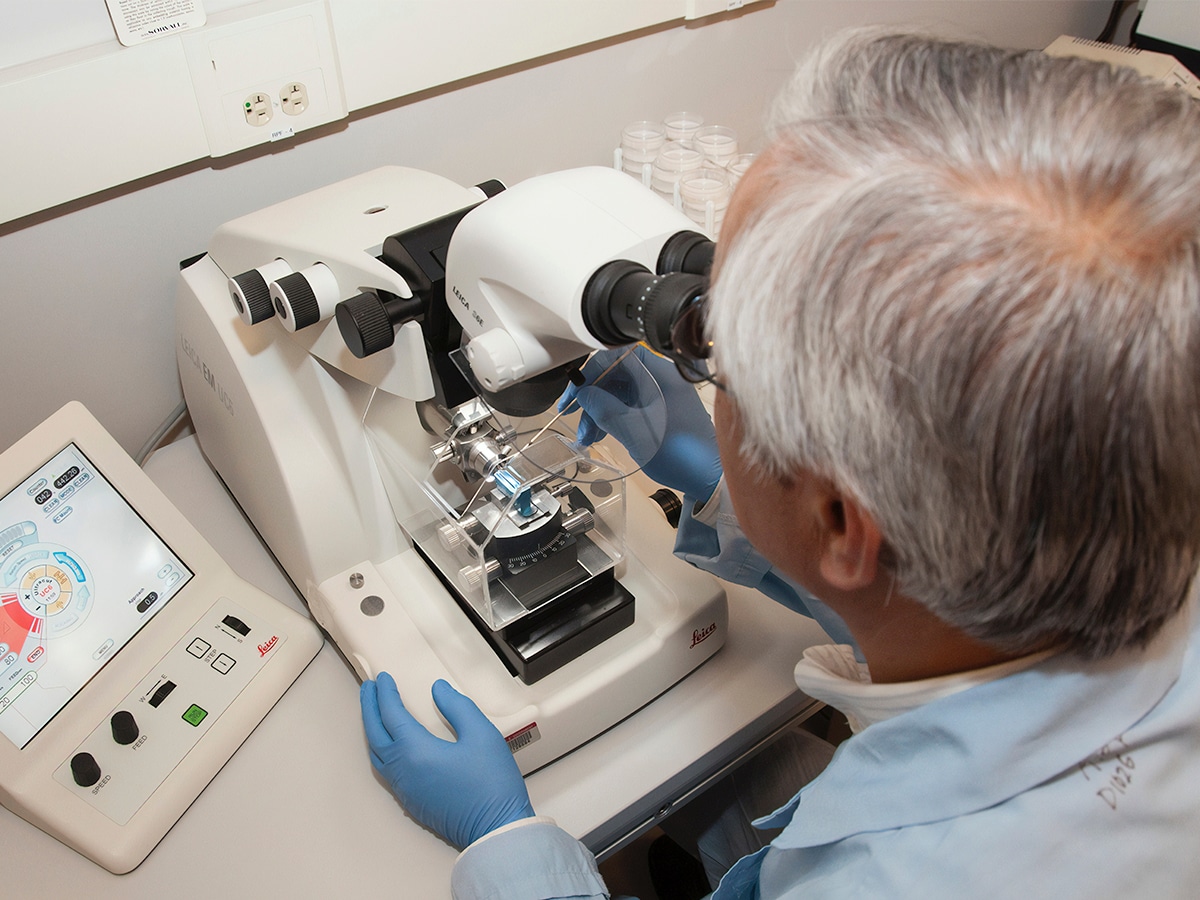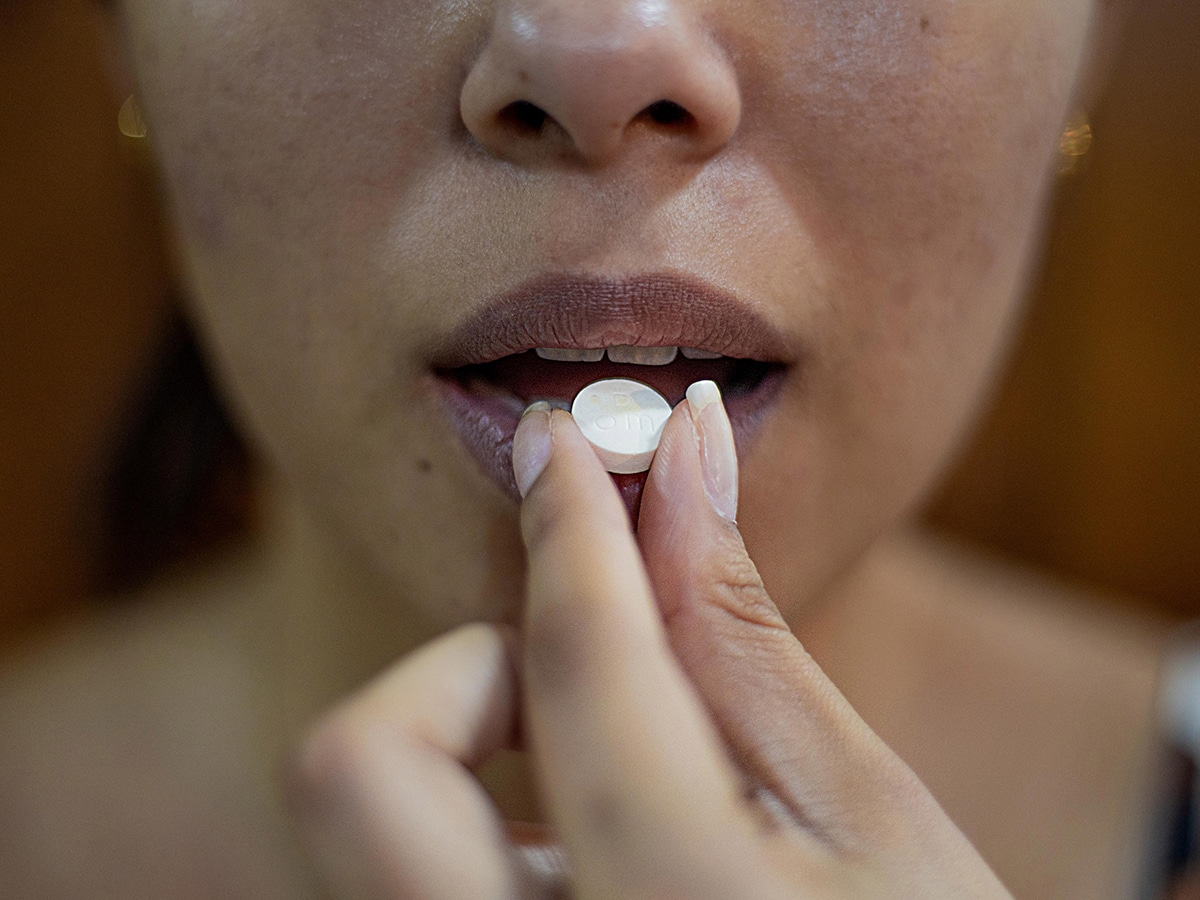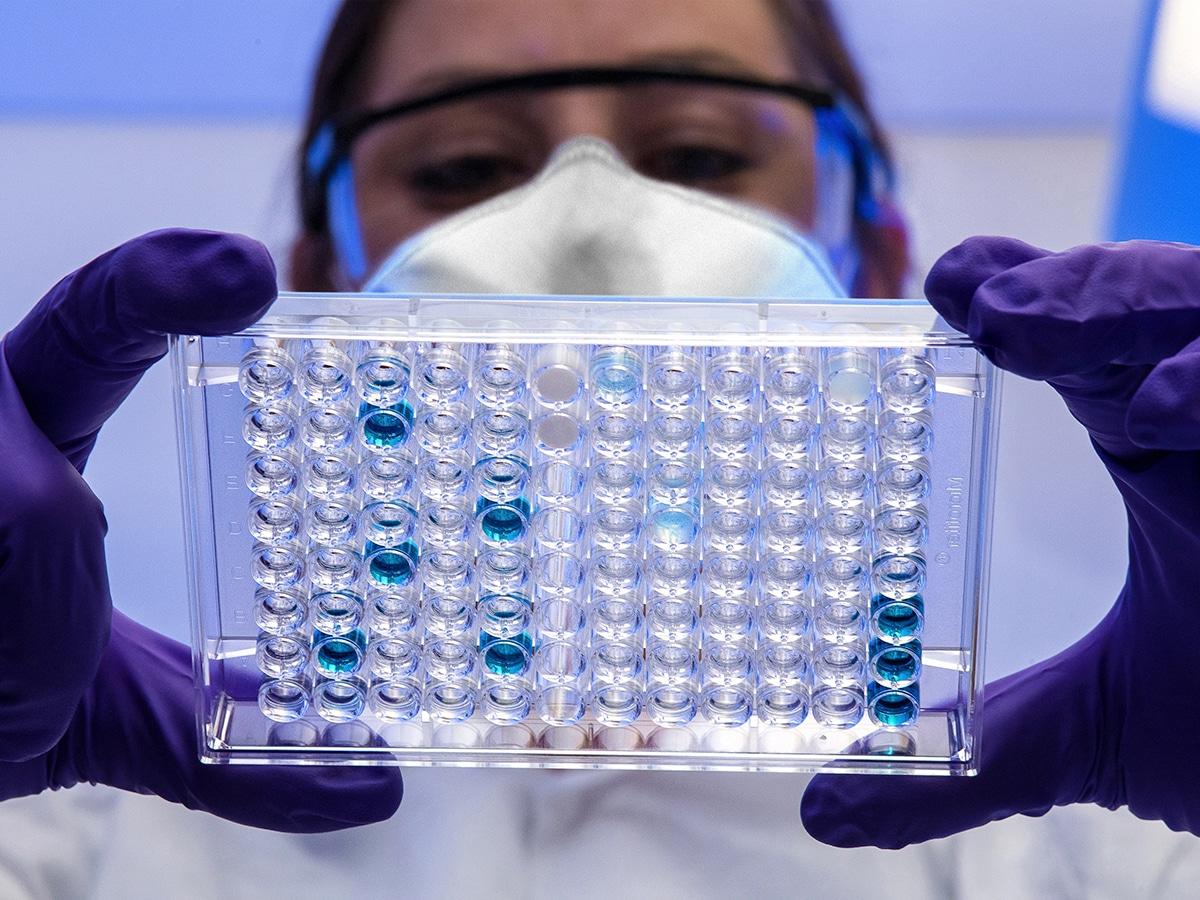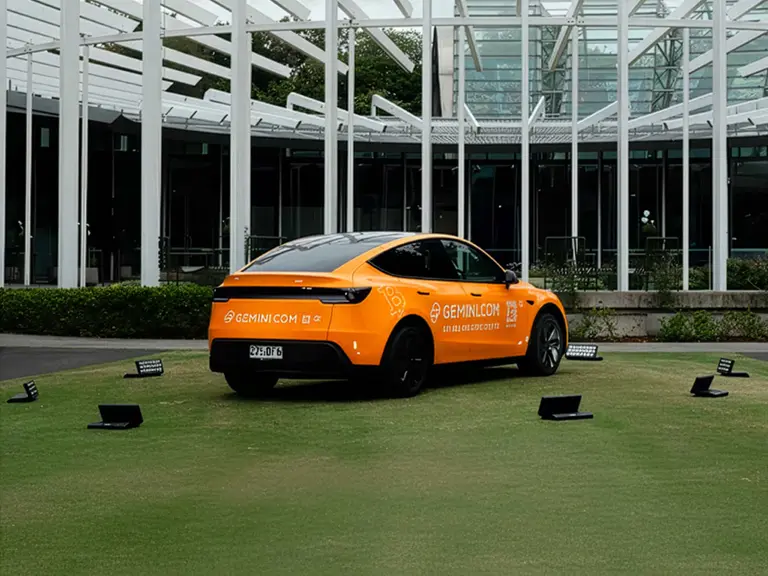
Published:
Readtime: 4 min
Every product is carefully selected by our editors and experts. If you buy from a link, we may earn a commission. Learn more. For more information on how we test products, click here.
Australia‘s first fixed pill testing site will open in Canberra in a matter of weeks, according to the latest reports coming out of the nation’s capital. Set to launch on 19 July, the ACT Health-backed site will be open two nights per week, marking a significant step in the country’s drug and harm reduction measures. The Australian first site will join just a handful of programs currently available across the globe.

Image: National Cancer Institute
The announcement of the pill testing site follows a series of positive initial trials at music festivals and events. In 2019, a testing facility set up at Canberra’s Groovin’ the Moo festival found seven pills containing the highly toxic chemical N-Ethylpentylone, a drug associated with deaths and mass casualty events in the US and New Zealand. Further testing revealed that only 67 per cent of the pills originally thought to contain MDMA were found to be a relatively pure dose.
The revealing results led to a coronial inquest into festival deaths, which subsequently recommended pill testing along with other harm reduction measures, however, it’s taken upwards of three years to secure the initial pilot program. According to The Guardian, the facility will be operated by Harm Reduction Australia in conjunction with the Australian National University and local health service provider Directions.
Pill Testing Australia clinical lead Dr David Caldicott said the introduction of the fixed pill testing site was a “real watershed” moment.
“A fixed-site allows us to have a much more continuous sampling process, a much more continuous conversation with you people,” Dr Caldicott told the ABC. “It also allows us to welcome into the fold demographics who traditionally haven’t been involved in Australia, for example, people who inject drugs, we can chat to them more easily in this environment.”

Image: Danilo.alvesd
For several years pill testing has been a contentious topic in Australia. While some conservatives have argued that ensuring the quality of pills would only serve to increase uptake, the evidence says different.
As Dr Calidcott points out, research has increasingly confirmed that pill testing does influence the behaviour of people who use drugs. The Pill Testing Australia clinical lead said that trials have shown that not only are young people open to having the conversation, but they are also willing to accept the results.
“Young people were very keen to come and talk to us,” Dr Caldicott said. “They didn’t have a problem in providing us with samples of whatever they had intended to take and they certainly weren’t averse to changing their behaviour when they were provided with information that they trusted.”
“The greatest controversy is probably with our political counterparts who see it as politically risky for them. I would encourage them to be brave and allow themselves to be guided by the evidence and the unanimous recommendations of all the professional medical bodies that support it.”

Image: Hal Gatewood
The announcement of Australia’s first pill testing site comes just weeks after the ACT government announced plans to decriminalise small amounts of illicit drugs. One component to a wider range of harm reduction policies, the move demonstrated a renewed focus on the topic, which was previously identified as a major issue among youth voters. A 2020 survey from the Australian National University found that nearly two-thirds of Australians were in favour of festival pill testing.
“We’ve been attempting to set up this service for as long as other jurisdictions have implemented it around the world, nearly a quarter of a century,” Dr Caldicott told the ABC. “It does show that if one is persistent, one can persuade governments to use evidence that has been there for decades to actually influence policy.”


































Comments
We love hearing from you. or to leave a comment.